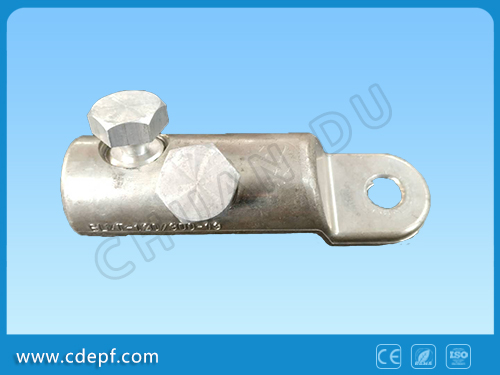According to an investigation by EnergyTrend, in terms of contract prices, the trend of Asian manufacturers’ prices is still relatively clear, and there has not yet been a clear upward adjustment for European and American manufacturers. At present, the relevant manufacturers' expectations for the January contract price still remain at the range of $27/kg~30/kg, but downstream manufacturers believe that the current situation is still at a loss and cannot pass on the extra cost to customers. In order to test the temperature of the contract, it is still to be observed whether the price of the contract can be raised to $30/kg as expected.
In addition to solar polysilicon, the price of silicon epitaxial wafers this week is still a narrow concussion. EnergyTrend pointed out that the price of polysilicon wafers has risen due to the impact of rush orders, but the increase has not been significant; on the other hand, the mainstream price of high efficiency products with conversion efficiency of over 17.0% still moves between $1.18/piece~$1.2/piece. Although relevant manufacturers are trying to raise the price of their products, it is still to be seen whether the price of $1.2/piece can be exceeded in January. EnergyTrend believes that if the emergency situation can continue, the trading price of the above products in the end of January and early February is expected to stand firm at $1.2/piece. In terms of monocrystalline silicon epitaxial wafers, prices this week fell slightly, and EnergyTrend believes that it should be affected by the decline in the price of 5-inch products. According to EnergyTrend, the recent slide in the price of 5-inch products, coupled with the introduction of 6-inch polycrystalline high-efficiency products, has brought considerable pressure on the price of 6-inch products.
In the spot price quotation this week, the lowest transaction price for polysilicon is currently at $20/kg, while the average price has risen to $25.1/kg, or 3.68%, while in the epitaxial wafer, the lowest polycrystalline price has come to $1.0. The lowest price for single crystals is $1.50/piece; the average price of polysilicon wafers this week has risen to $1.142/piece, or 0.18%, which we believe is mainly due to the fact that the market has no large-scale low-cost inventory selling. The single crystal silicon epitaxial wafer dropped slightly, with an average price of $1.568/piece, a fall of 0.13%. On the battery side, the average price this week remains the same, but more accurately, the average price of current high-efficiency products is at $0.63/watt, but the average price of general products is at $0.5/watt, and the price difference between each watt is 10 cents. Between ~15cent. In terms of module, the price of module and silicon film decreased synchronously this week, while the decrease of silicon film was larger. The average price of silicon modules this week was $0.851/watt, a decrease of 1.16%; while the price of silicon film was $0.80/watt, a decrease of 3.50%.
Mechanical Cable Terminals are designed for use in low and medium voltage applications. Only three sizes cover conductor sizes from 25 mm2 to 400 mm2. All products consist of a tin-plated body, shear-head bolts and inserts for small conductor sizes. Mechanical Cable Terminals bodies are made of a high-tensile, tin-plated aluminium alloy. The internal surfaces of the Mechanical Cable Lug holes are grooved. Mechanical Cable Terminals are chamfered at the edges and available with or without oil barrier (as blocked and unblocked types) depending on the appli cation requirements. Lugs are suitable for outdoor and indoor applications and are available with different palm hole sizes

Mechanical Cable Terminal,Mechanical Copper Cable Terminal,Mechanical Bimetal Lug Cable Terminal,Mechanical Cable Lug,Electric Cable Connectors
Jiangsu Chuandu Electrical Technology Co.,Ltd. , http://www.cdepf.com